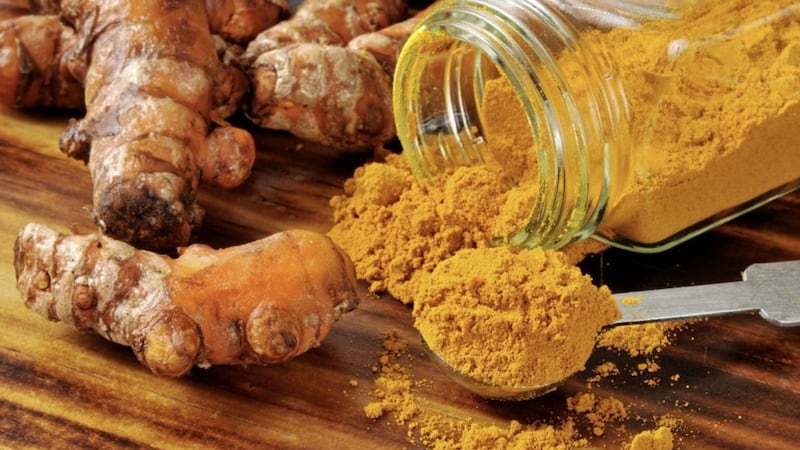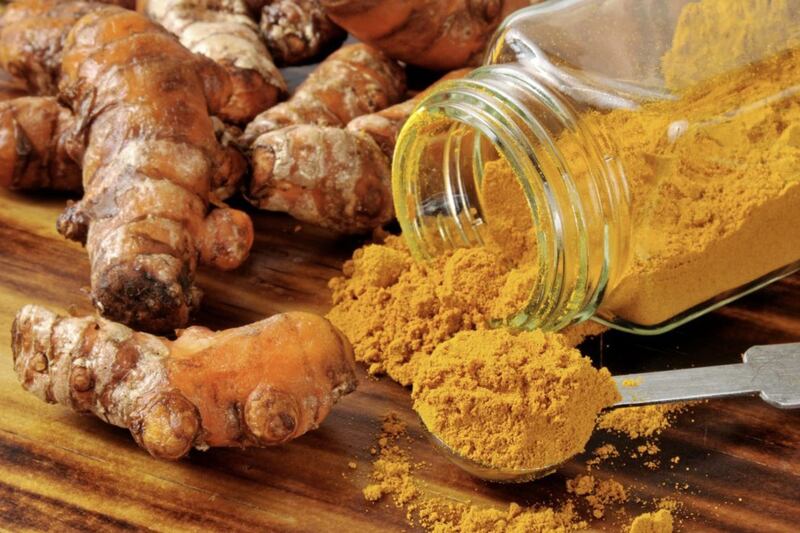WHEN a new 'superfood' comes along we scramble to lay our hands on it. Soon, big chain stores and cafes are offering some version of it in smoothies or salads.
Turmeric has been making its way through this process since early 2016, although the spice has been used in Indian culture for centuries as a natural anti-inflammatory. So is it the spice of life, or should we be more sceptical?
Doctify nutritionist Dr Claudia Gravaghi says the key ingredient is curcumin, which "has powerful antioxidant and anti-inflammatory properties".
In terms of its proven benefits, "research has shown that turmeric extract can help alleviate pain and improve function in people with osteoarthritis", says Dr Gravaghi. "There is also preliminary evidence that curcumin may help reduce pain in joints and swelling, of people with rheumatoid arthritis, and may reduce inflammation-driven cancer."
Elizabeth Wall, a nutritionist with Holland & Barrett, says curcumin "helps to neutralise free radicals, which are basically unstable atoms that can cause damage to cells, and contribute to ageing and disease".
What's the best way to get it into our systems?
"The bright yellow-orange colour of turmeric comes mainly from fat-soluble, polyphenolic pigments known as curcuminoids, says Dr Gravaghi. "When something is fat-soluble, that means it dissolves in fat. Without fat, the active component in turmeric, curcumin, has a difficult time making it past the stomach, into the small intestine, and into the blood where it can offer the greatest benefits.
"The best way to take turmeric is with fatty ingredients such as in curry or coconut milk."
Research has also shown that black pepper improves absorption of curcumin into the body.
Are there side effects?
"Typically, it's very well tolerated when using it in food, because you're only using a small amount," says Wall.
However, if you are using excessively large amounts, that could cause issues. The most commonly reported is digestive upset, and other symptoms can include nausea, dizziness and diarrhoea.



